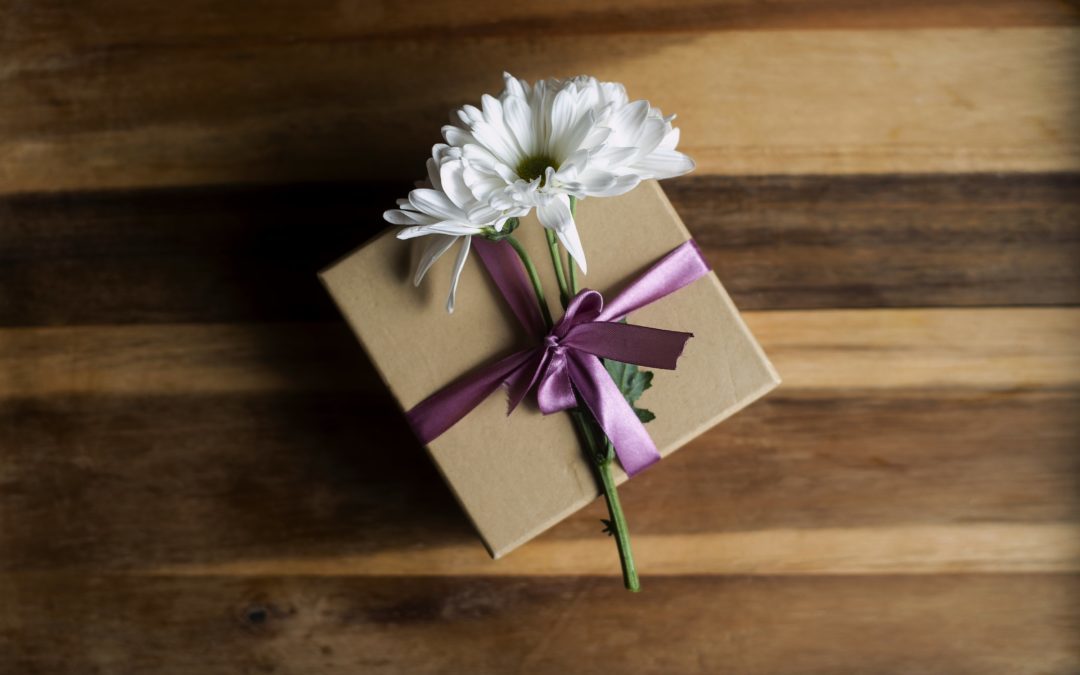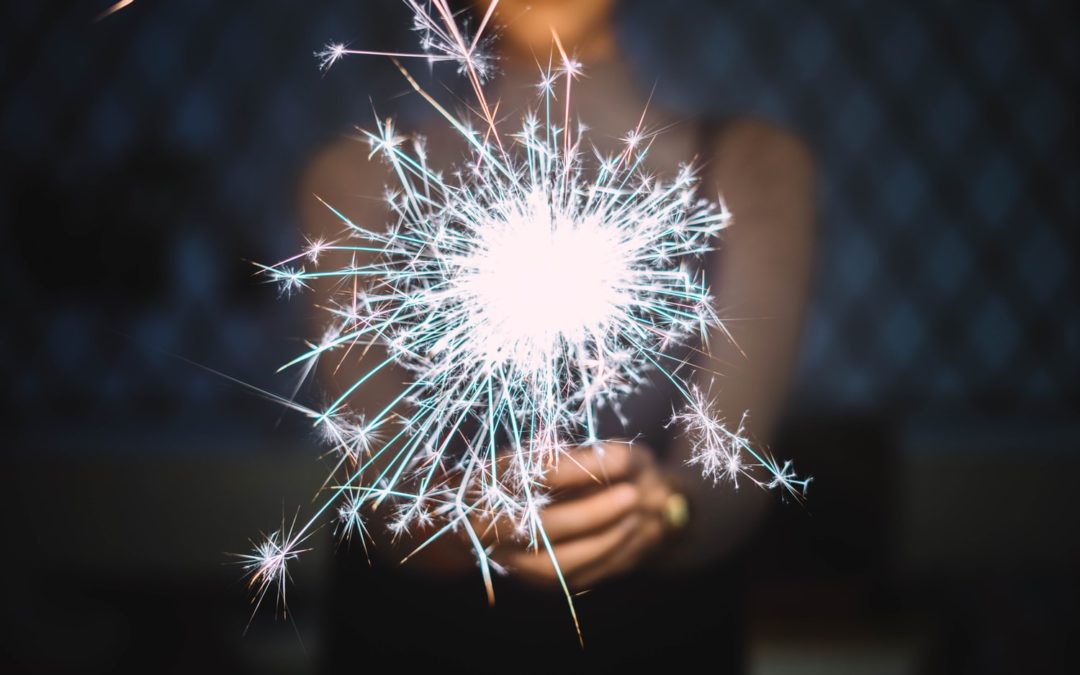
Active Listening (Part 1) : What is it?
One of the most sincere forms of respect is actually listening to what another has to say.
Bryant H. McGill
I first heard the term “active listening” in a psychology class. Over time, I learned that this term was more than a concept. In fact, it is an essential skill of any kind of dialogue, as it allows the listener to be in the present and focus on what is being said, while the speaker feels more comfortable to share feelings and thoughts.
The feeling of being understood is always rewarding, yet it does not always take place in daily interactions. From small exchanges to more significant ones, we have all experienced the feeling of being misunderstood and have probably misunderstood something as well. Misunderstandings can be heard through comments such as “That’s not what I’m talking about!” or “You didn’t listen to me!” Emotionally, misunderstandings can create loneliness, decrease self-confidence as well as generate feelings of contempt or anger.
So why don’t we communicate more efficiently? The easiest answer is because we don’t know how to do so. In reality, people start communicating and listening at home by modeling what they see from their parents. They continue learning on playgrounds, in classrooms and at work with their colleagues. Just like other social skills, people discover the concept of dialogue through their own experience. Although it can be difficult to change the way we listen to others, we can practice and become better at it every day. Ultimately, how well a person listens to another will make a significant difference in his or her present and future relationships.
Here are a few simple guidelines that can be implemented by anyone wanting to become a better listener.
The first rule is to pay attention. What does that mean? Unless it is a phone conversation or an irrelevant discussion, the listener needs to be in direct eyesight with the person who is talking. Yelling from another room or cooking while talking doesn’t show the speaker that we are paying much attention to what he or she is saying. Similarly, talking through text or social media doesn’t give our full attention to the person and the message. Establishing eye contact, and noticing body language are important elements of actively listening to someone and showing him or her that we are present and focused in the moment. Therefore, to have a meaningful conversation with someone, it is important to stay away from anything that could distract us.
The second rule, and an essential one, is to remember that listening doesn’t mean to mentally prepare for an answer while the speaker is still talking. Thinking about an answer while someone is talking can not only prevent the listener from understanding what is being said, but it can also change the focus of the conversation from the speaker to the listener. For instance, if the speaker is sharing feelings of anxiety and fear because of an upcoming doctor’s appointment and we reply with something such as “I actually like going to the doctor, it’s better to be preventive than going later to fix something more serious”, we have completely disregarded the person’s feelings and have changed the focus on us. In this situation, a good listener shows to the speaker that he or she is there, and has heard the feelings of anxiety. Instead of telling the person what we might do or not do in that same situation, we can ask the speaker what would help him/her? Or how has he/she handled a similar situation in the past? Questions help the listener understand and show the speaker that we care.
The third rule is to keep feedback relevant to the situation and judgment honest and respectful. Giving our opinion or making a judgment to someone who is sharing with us something personal is not helpful. Unless the person is directly asking for our personal opinion, it is often not necessary and therefore, useless in active listening. This guideline can be difficult for some of us to follow. We might be tempted to share something personal that we believe would be interesting or useful in a given situation. We might also interrupt because we believe that the thought the speaker just shared is absurd, false or simply annoying to us. That’s exactly when we need to be self-aware of when our opinion is needed and when it isn’t.
Ultimately, we have to treat the speaker the same way we would want to be treated when we find ourselves in the same situation. Choosing words carefully and showing to the person that we don’t need anything else but his or her trust is a fundamental rule of any kind of communication. This cannot only improve relationships but also establish a strong foundation for self-respect.




